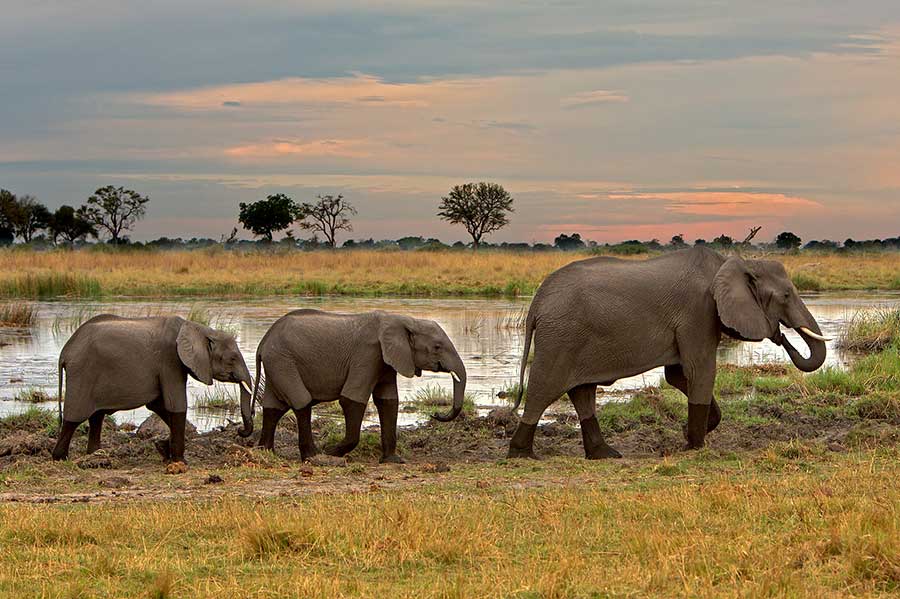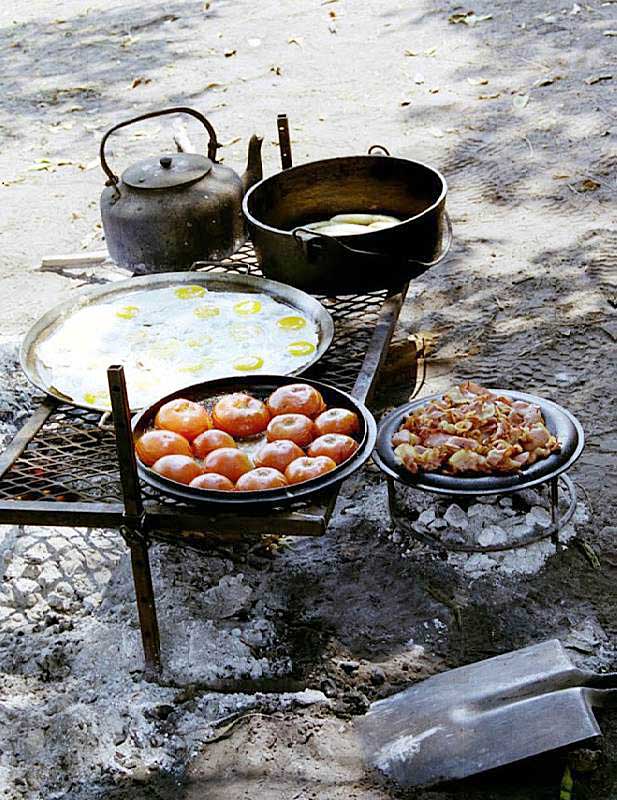Botswana Health Requirements
Botswana health requirements is a health advisory for Safaris and Travels to Botswana.
Travel to Botswana and enjoy a wealth of experience. Chobe national park was Botswana’s first park and boasts one of the largest concentrations of elephant in Africa.
Chobe’s riverfront is a fabulous experience especially if you are short of time. Besides the herds of elephant which seem to be everywhere, buffalo, kudu, impala, crocs, baboons, sable, lion and giraffe can all be seen.

Malaria
transmission is at its highest during the warmer wetter months of November through to April.
From May through to October the risks of acquiring malaria are reduced.
Malaria is transmitted by a very small percentage of female Anopheles mosquitoes. They are only active in the early evening and throughout the night, at the times when one is usually sleeping or sitting around the campfire.
It is recommended that you take a course of anti-malaria prophylactics prior to departure.
Continue the course of prophylactics during your stay as well as after your journey particularly if you are visiting northern Botswana from November to May
In the remote park areas the chances of contacting malaria are low, even in summer, as it is transmitted from human (infected) to human by the female Anopheles mosquitoe
Miscellaneous
Be aware of tsetse flies and when walking in the bush check for ticks at the end of the walk. Insect repellents are advised.
There are no other health issues that one needs to be overly concerned with. Botswana is a hot, dry and dusty country – hats and sunscreen are strongly recommended.

Innoculations are NOT required if you are from the West. However, it would be wise, before leaving home, to make sure that your injections for Polio, Cholera, and Tetanus are up to date, and will cover you for the time you will be away
Please consult your doctor and also check with your health department prior to departure for any changes in health regulations.
Yellow Fever
If you are entering Botswana from areas infected with Yellow Fever all travellers will be required to show vaccination certificates
Drinking Water
tap water is safe with mineral water readily available in most tourist centers
Another important consideration is that you drink plenty of water especially during the warmer months. The general thinking is that guests drink at least 2 to 3 liters (4 to 6 pints) of water per day to limit the effects of dehydration. This excludes tea, coffee and alcoholic beverages, which act as diuretics and can actually contribute to dehydration.
Bilharzia is endemic. Swimming in any river or stream is not advised due to the presence of crocodiles and bilharzia.
